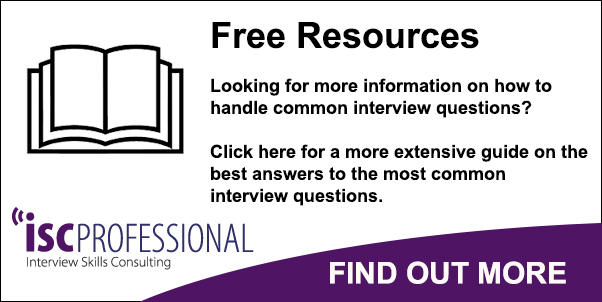Interview Tips for Graduates and Inexperienced Candidates
As thousands of new graduates prepare to leave university and seek jobs within the competitive UK labour market, the big question is how many of these promising prospects are interview ready?
Interview remains the most popular way for employers to identify their future talent pool and so pressure to perform in front of the panel is understandably significant. Recent graduates in particular, alongside other inexperienced candidates facing their first serious set of interviews, often find interviews challenging due to their lack of experience in presenting themselves to employers.
The good news is that acing this critical part of the selection process is achievable as long as you understand the ingredients required in the recipe for interview success.

Research
One of the most important pre-interview tasks is to comprehensively research the company you want to work for. It is essential to get to grips with the fundamental purpose or raison d’être of the company as well as the values which they associate with their operations.
Start off by carefully combing through their corporate website and supplement with information from recent news articles, trade journals etc. Delve as deeply as possible into the strategic direction which the company is taking as well as the individual movers and shakers within the top team.
If you have the names of the interview panel, find out as much as you can about their roles within the organisation and their background prior to joining the company. Conducting extensive research will give you the fire power required to answer a broad range of potential questions and help you feel more confident on the day.
Personal experience
The next step is to reflect on your own skills, competencies and experience and match these up to the requirements of the job.
Candidates with little experience on paper, including recent graduates, often feel at a disadvantage as relative newbies to the jobs market. The reality is that there are often lots of different areas within your life where experience is gathered which is relevant to a potential employer.
In today’s world of constrained student finances, many learners balance their studies with part-time paid employment. Experience gained in these jobs helps demonstrate attributes such as a positive attitude to work, ability to contribute as part of a team and success in dealing with the public. Not to mention that often being able to train an inexperienced candidate in specific practices or procedures can often be a plus for an employer.
Other aspects of university life such as membership of a sporting team or holding office in a university society can also show a potential employer that you have the drive and leadership skills required in their company. The trick is to analyse these life experiences, think about what you have learned through them and blend this information into examples which can be used at interview.
Presentation
Being able to convey why you are the best candidate for the job requires practice. Think about what to say and how to say it – remember non-verbal communication through body language is assessed just as much as the words which you use.
Maintain eye contact with the panel and be conscious of posture which should be positive at all times. Hone your skills by practicing through role-play with a supportive friend.
Working through your interview game plan well in advance helps enormously and allows you to adopt these techniques in a much more natural way on the day. This type of preparation takes time, effort and practice all of which you should view as a worthwhile investment in your future career.
Follow the steps in this guide to access the road to interview success. If you want to get further, faster, reach out to the experts at interview-skills.co.uk. Their professional team can help accelerate your ascent towards employment with practical support and invaluable industry insights.

